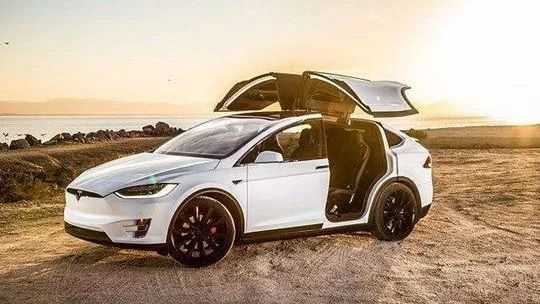Electric SUVs are the Hot Topics in the Domestic Auto Industry
Recently, the topic of new cars in China is all about electric SUVs.
At the end of last year, the WmAuto SUV concept car was released, and the NIO 7-seater SUV ES8 was launched, which has caused a sensational effect in the industry. Especially the argument about ES8 has already reached a publicity climax, just for its attention level, it is probably a bit unbeatable.
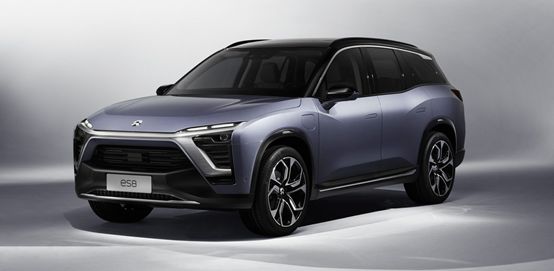
Just after the new year, on the other side of the ocean in Las Vegas, the electric vehicle brand, BYTON, under FMC, released its first concept car. Yes, it is another electric SUV.
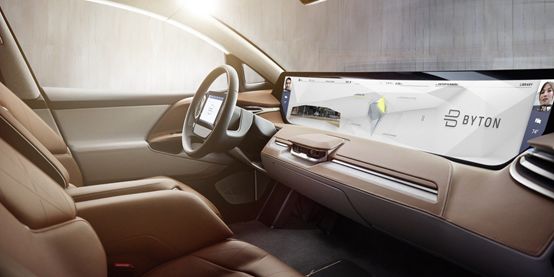
It seems that many emerging electric car manufacturers think that SUV is the field that electric cars can quickly overtake compared to other models.
Because the SUV of the gasoline car is so successful.
Glorious Journey of SUVs
If you want to trace the origin of SUVs thoroughly, it’s probably very early.
But the most common view is the Jeep Cherokee, which was launched by Jeep, as the real SUV in the 1980s.
After this car was launched, the term SUV (Sport Utility Vehicle) was created, and then major car brands successively began to launch their own SUV series. These brands and models must be well known to everyone.
Representatives of the 90s have Chevrolet Tahoe, Mitsubishi Pajero, Toyota RAV4, BMW X5, and Mercedes-Benz ML.
Representatives of the 2000s are very numerous, such as Toyota Highlander, Volvo XC90, Honda CR-V, Volkswagen Touareg, Audi Q7, BMW X6, and so on.
And after 2010, with the launch of Tesla Model X, electric SUVs began to appear on the market.
Born in the 1980s, grew up in the 1990s, began its glorious journey in the new century until now.
No data, no truth. Let’s take a look at the sales data in recent years in China to prove the glorious journey of SUVs.
From the graph, it is clear that the growth rate of SUV sales in China in recent years has experienced an incredible boom. Even though the growth rate slowed down last year, the sales share has already approached that of sedans.
SUVs are not only popular among Chinese car owners. Let’s take a look at the sales data in the second largest car market in the world, the United States:

Since last year, SUV sales in the United States have surpassed sedans.
It’s not just these two car giants. In Europe and other parts of the world, SUVs have been one of the fastest growing car types in recent years.
It seems that SUVs have become the favorite of car owners around the world in recent years.
Many emerging electric car manufacturers have also set their first mass-produced models as SUVs, targeting this preference.
The Path of Car Owners’ Choice: SUVs Overwhelming Sedans
Successful car manufacturers are able to keenly sense consumer desires.
Since SUVs were introduced in the 1980s, they quickly gained the favor of some consumers. Soon, almost all well-known car brands began to build their own SUV series and expand and upgrade them with the continuous increase in market share.
From body-on-frame to unibody, from truck chassis to car chassis, from compact cars to luxury cars, from two-seater to seven-seater, from off-road driving to city driving, the choice of SUVs can appear overwhelming.
There are many reasons why SUVs can become the first choice among car owners in the general question of “sedan or SUV”. These reasons include interior space, safety, wide vision, and cool appearance.
However, the basis for SUVs overwhelming sedans still lies in the data we presented earlier. According to the development trend in recent years, SUVs are clearly continuously eroding the market share of sedans.
Will the same story repeat itself in the field of electric cars as it did with gasoline cars?
The Shining Stars of SUVs
In the development process of SUVs, there are several milestone models that are worth mentioning.
The success of the Jeep Cherokee has led many car manufacturers to start developing SUVs.
The first-generation Toyota RAV4 set an example for “SUVs that approach sedans.”
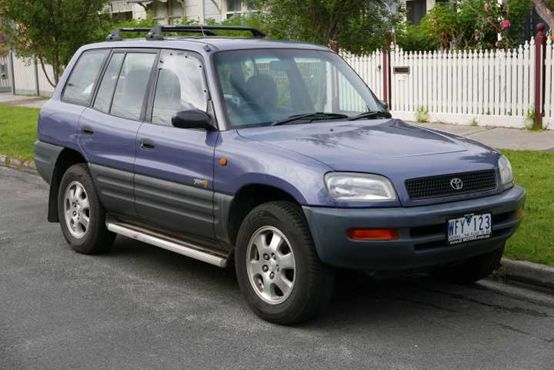
The first-generation BMW X5 became the first SUV to share a chassis with a sedan (the BMW 5 Series).
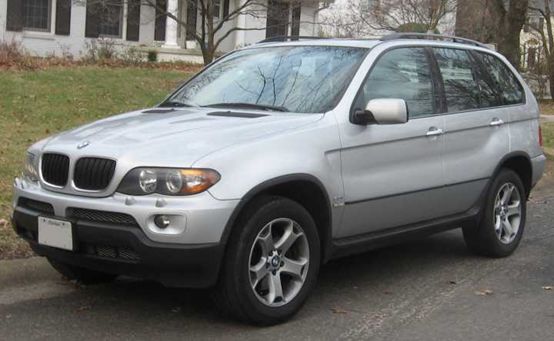
The first-generation Toyota Highlander, the first 7-seater SUV, opened the door to a new world for SUVs.
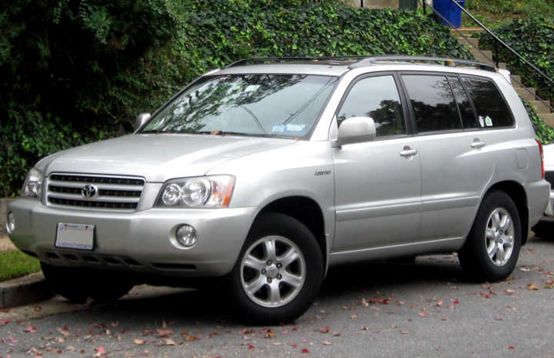
The first-generation Volvo XC90, although released a year later than the Toyota Highlander, made Volvo famous worldwide as a 7-seater SUV.
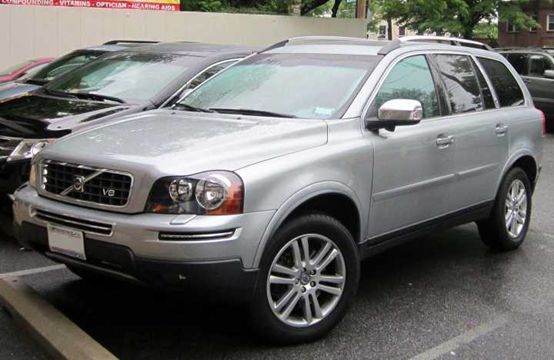
The third-generation Honda CR-V, a SUV with a sedan chassis, achieved great success in both China and the United States, and is still a frequent guest on the SUV sales charts.
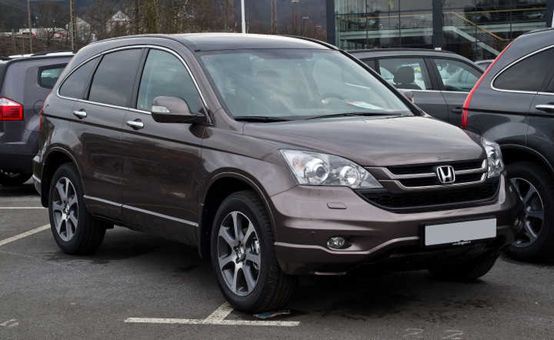
The Tesla Model X, the first electric SUV, features falcon-wing doors and incorporates a variety of Tesla’s cutting-edge technology.
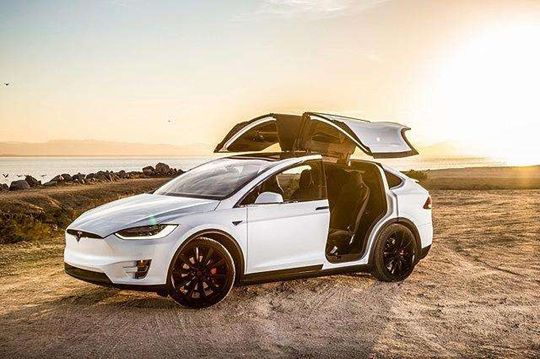
In addition, there are some special SUVs.
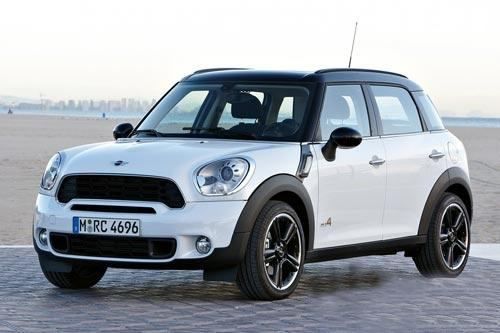
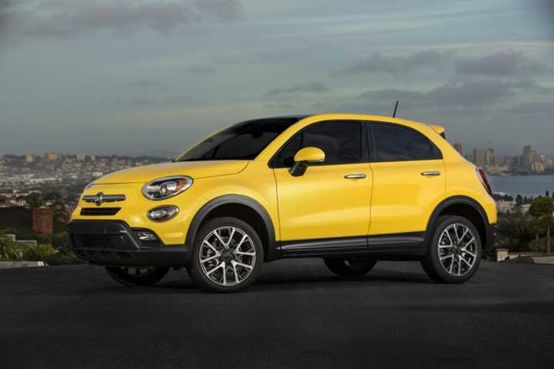
Which milestone will the electric car manufacturers who no longer have a chance to be the first electric SUV maker replicate? Or create a new one?
New Options – The Future of Electric SUVs
Automakers have placed heavy bets on SUVs, whether they are fuel or electric powered.
According to the new car plans revealed by major automakers in China this year, 58% of the 108 planned new car models are SUVs.
It seems like this year’s SUV sales in China have surpassed sedans.
The difference is that domestic brands have chosen to deepen their focus on compact SUVs, while joint venture brands plan to explore in the small SUV market.
Tip: According to vehicle length classification, cars with a length below 3.7 meters are micro-cars, 3.7 to 4.3 meters are small cars, 4.3 to 4.6 meters are compact cars, 4.6 to 4.9 meters are mid-size cars, 4.9 to 5.1 meters are mid-to-large cars, and above 5.1 meters are luxury cars.
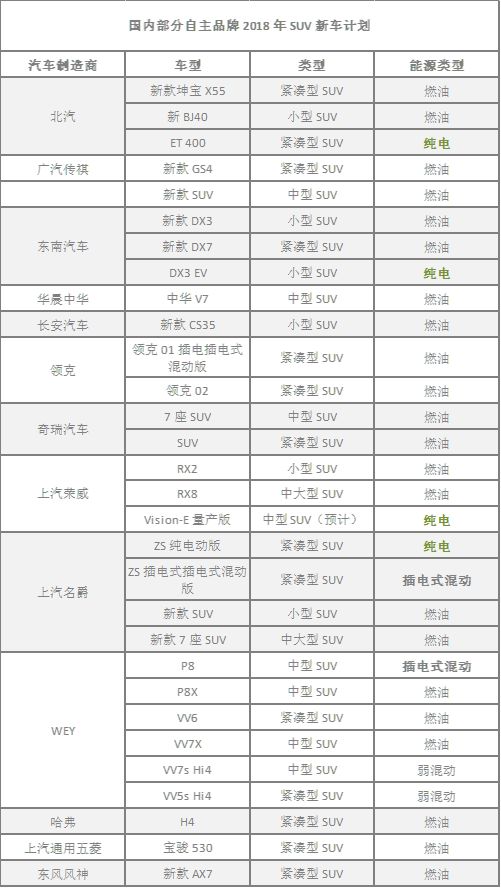
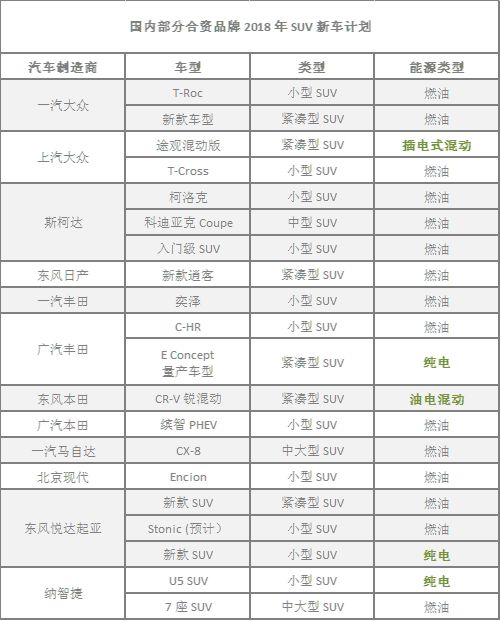
After reading the SUV plans of various automakers, do you feel that although electric vehicles are blowing up high, everyone is still quietly making fuel cars?
Of the 30 new SUV models planned by domestic brands, only 6 are purely electric or hybrid, and of the 20 new SUV models planned by joint venture brands, only 5 are purely electric or hybrid.
It seems that the timing is not yet ripe.In cities without purchase restrictions, people still happily drive gasoline-powered cars without worrying about oil storage in their daily lives, at most complaining about the high maintenance costs of gasoline cars. Although petroleum is non-renewable, the daily production of tens of millions of barrels of oil and the continuously discovered oil fields can ensure global oil supply for decades (the exact number of decades is a topic that even experts cannot clearly state, but oil shortage is not a problem now, next year, or even 5 or 10 years from now).
Compared to gasoline cars, the driving range is currently the fatal flaw of electric vehicles. It cannot be denied that consumers have reservations about the driving range provided by car manufacturers. They worry that the driving range is too short and that charging piles are not widely available. In fact, electric vehicles have not been as smooth sailing as rumored.
However, electric SUVs may reduce some of the difficulties.
With everyone’s preference for SUVs, even if they are electric, their popularity is still different.
Therefore, in the aforementioned car manufacturers’ new car plans this year, there are 6 hybrid cars, but only two pure electric cars. Other manufacturers such as BAIC BJEV, NIO, WM Motor, and BYTON mentioned at the beginning of this article also hope to take a chance in the Chinese auto market with SUVs.
Looking overseas, there are very few electric cars that can be mass-produced in the next two years, but SUVs are still the focus, such as the heavyweight Jaguar I-PACE and Audi e-tron quattro.
It seems that SUVs are indeed the blue ocean in the minds of global car manufacturers. This has become the consensus of traditional and emerging car manufacturers. Because gasoline SUVs have been too successful at every level of model type, city region, and country, and it has never failed.
Most importantly, it is still the darling of the times, with sales increasing year by year and a strong momentum. Consumers are willing to pay for it.
Whether it is the first or second family car, SUVs are always preferred by people, and they can always find a suitable SUV for themselves. Whether it is small, compact, or a large 7-seater, they seem to be able to find a suitable position in life, making people feel that SUV is worth the money and adds to their style.
It is precisely this preference and surge in demand that has put electric SUVs in the forefront of car manufacturers’ electric vehicle plans.
Who doesn’t want their first electric car to be a hit?
Furthermore, if there is a breakthrough in the improvement of driving range in the next few years, electric SUVs have the strength to overcome difficulties. Those who take the lead will naturally benefit the most.
Let’s see how the car manufacturers with 20 billion yuan (the industry’s rumored funding threshold) in their pockets will take advantage of the era of SUVs!

This article is a translation by ChatGPT of a Chinese report from 42HOW. If you have any questions about it, please email bd@42how.com.
